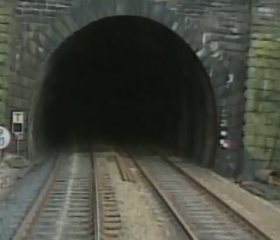The Impact and Importance of HS2 for UK Rail Travel

Introduction
The High Speed 2 (HS2) project represents a monumental shift in the UK’s approach to rail travel and infrastructure. Designed to create a high-speed rail line connecting London to various parts of the UK, HS2 is not just about enhancing travel speed; it’s about fostering economic growth, reducing congestion, and promoting sustainable transport solutions. With an initial budget of £32 billion, the project is poised to have far-reaching effects on communities, economies, and the environment.
Project Overview
HS2 is being constructed in phases, with the first phase connecting London to Birmingham. Subsequent phases aim to extend the network to Manchester, Leeds, and beyond. Once fully operational, HS2 is expected to cut travel time significantly; for example, the journey from London to Birmingham will take just over an hour, a reduction from the current travel time of around one hour and 30 minutes.
Current Developments
As of October 2023, significant progress has been made on the HS2 project. Construction has ramped up, with tunnel work and station developments well underway. Recent reports indicate that more than half of the first phase has been completed, with the government reiterating its commitment to delivering the project on time and within budget. However, challenges such as land acquisition disputes and environmental concerns have sparked both criticism and caution regarding timelines.
Economic Benefits
Proponents of HS2 argue that the project will generate substantial economic benefits. It is estimated that HS2 could create around 500,000 jobs in various sectors, from construction to hospitality, and stimulate over £92 billion in economic growth. This investment in infrastructure is expected to unlock more opportunities for businesses and enhance connectivity, making regions across the UK more accessible.
Environmental Considerations
While HS2 promises economic growth, it has also faced criticism over its environmental impact. Activists have raised concerns regarding the destruction of natural habitats and the project’s carbon footprint. In response, the HS2 management has implemented measures aimed at sustainability, such as creating wildlife corridors and committing to net-zero carbon emissions.
Conclusion
In summary, HS2 is a transformative project that underscores the UK’s ambitions in modernising transport infrastructure. While the associated economic benefits are promising, it remains crucial to address environmental concerns as the project progresses. As the UK moves towards a more interconnected future, HS2 could play a significant role in shaping the country’s transport landscape. Predictions suggest that once operational, HS2 will enhance not only regional economies but also redefine travel experiences, making the UK a more dynamic and accessible place.









